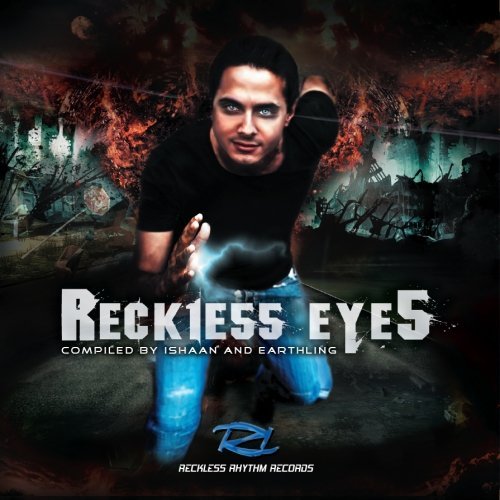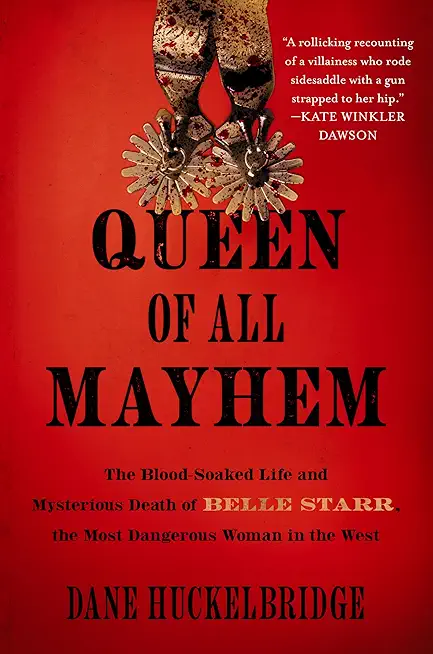
description
3In this groundbreaking and "poignant" (Los Angeles Times) book, David Kessler--praised for his work by Maria Shriver, Marianne Williamson, and Mother Teresa--journeys beyond the classic five stages to discover a sixth stage: meaning. In 1969, Elisabeth Kübler-Ross first identified the stages of dying in her transformative book On Death and Dying. Decades later, she and David Kessler wrote the classic On Grief and Grieving, introducing the stages of grief with the same transformative pragmatism and compassion. Now, based on hard-earned personal experiences, as well as knowledge and wisdom gained through decades of work with the grieving, Kessler introduces a critical sixth stage: meaning. Kessler's insight is both professional and intensely personal. His journey with grief began when, as a child, he witnessed a mass shooting at the same time his mother was dying. For most of his life, Kessler taught physicians, nurses, counselors, police, and first responders about end of life, trauma, and grief, as well as leading talks and retreats for those experiencing grief. Despite his knowledge, his life was upended by the sudden death of his twenty-one-year-old son. How does the grief expert handle such a tragic loss? He knew he had to find a way through this unexpected, devastating loss, a way that would honor his son. That, ultimately, was the sixth stage of grief--meaning. In Finding Meaning, Kessler shares the insights, collective wisdom, and powerful tools that will help those experiencing loss. "Beautiful, tender, and wise" (Katy Butler, author of The Art of Dying Well), Finding Meaning is "an excellent addition to grief literature that helps pave the way for steps toward healing" (School Library Journal).
member goods
No member items were found under this heading.
listens & views

RECKLESS EYES: COMPILED BY ISHAAN ...
by RECKLESS EYES: COMPILED BY ISHAAN AND EARTHLING (UK)
COMPACT DISCout of stock
$19.99
Return Policy
All sales are final
Shipping
No special shipping considerations available.
Shipping fees determined at checkout.






